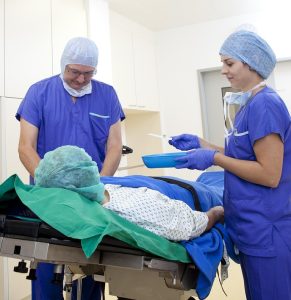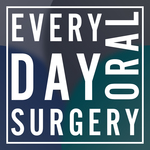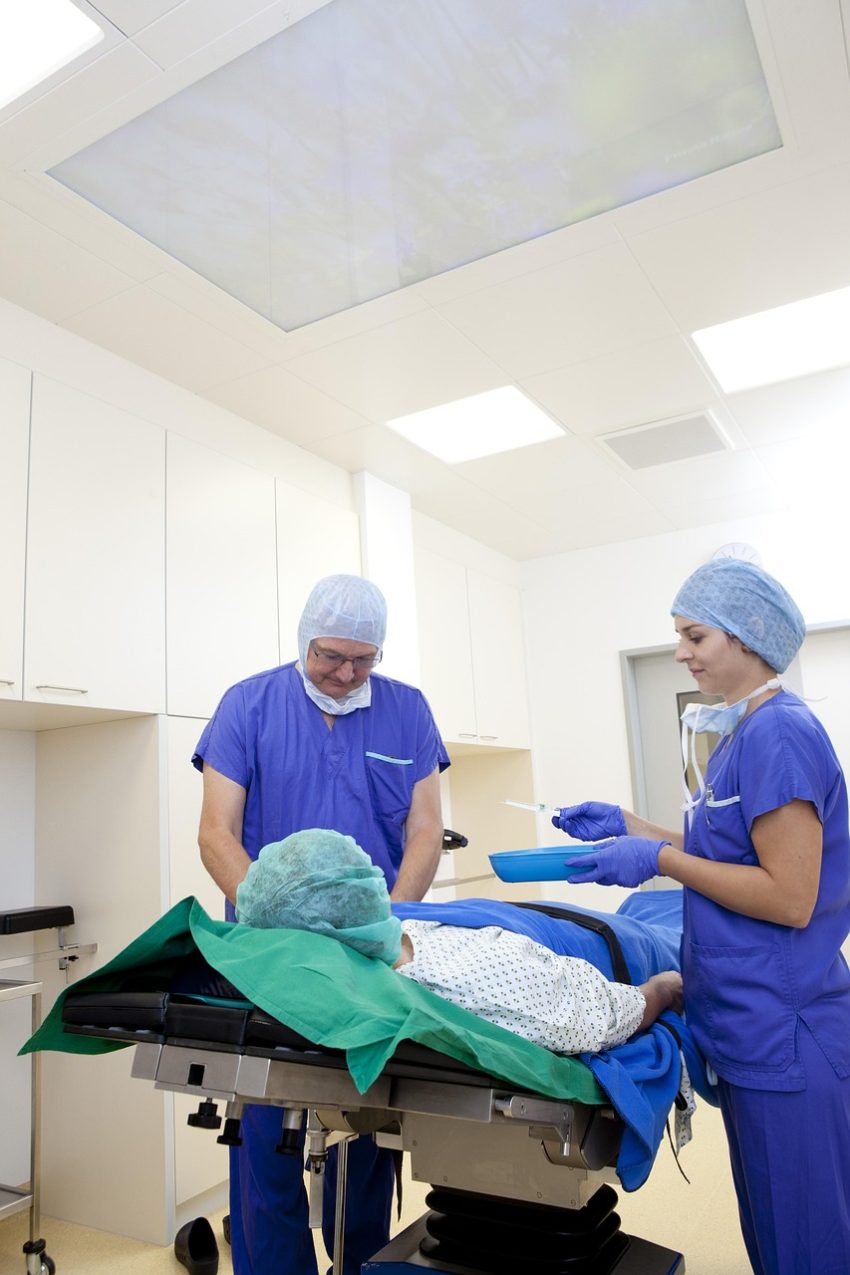 The other day, I was at church talking with a couple of friends. We were discussing a third friend who was going through something tough. I mentioned I could reach out to him via text or phone call. Without me even asking, both of my friends said they would prefer a phone call. I paused for a moment, thinking about their responses. One of the men, 44 like me, is a classic “old school” guy who enjoys fixing up old cars. The other day, he showed me how proud he was of still owning a 1992 Microsoft computer with a floppy disk drive. The other guy, 63, is definitely cut from the same cloth.
The other day, I was at church talking with a couple of friends. We were discussing a third friend who was going through something tough. I mentioned I could reach out to him via text or phone call. Without me even asking, both of my friends said they would prefer a phone call. I paused for a moment, thinking about their responses. One of the men, 44 like me, is a classic “old school” guy who enjoys fixing up old cars. The other day, he showed me how proud he was of still owning a 1992 Microsoft computer with a floppy disk drive. The other guy, 63, is definitely cut from the same cloth.
Their preference for a phone call stuck with me, especially because I typically prefer texting. I responded, “I get it. Personally, though, I prefer texting because I spend all day talking to people, and by the end of the day, my brain’s fried—I need a break from talking.” They said they understood where I was coming from.
This moment of reflection got me thinking about how being a surgeon affects me outside of work. What does it do to us, as surgeons, to talk to anxious patients all day? Does it make us more social or less social? In situations like this, when I’m talking with friends about someone’s issues, I find myself less social, or at least less inclined to engage in conversation—I’d much rather send a text.
That said, after 15 years of working as a surgeon, I’ve realized that talking to people all day has made me more comfortable engaging in small talk with people. Certainly, I feel more capable of talking to people in distress. But I’ve noticed there’s a difference between the way oral surgeons and general dentists interact with people.
General dentists see patients regularly, and their patients are awake for the whole appointment. As a result, dentists tend to be better at striking up and maintaining conversations. Oral surgeons, on the other hand, generally meet patients only once or twice, and those patients are often sedated for the majority of their time in the office. As surgeons, our goal is to get the patient to sleep quickly so we can alleviate their anxiety and help them move on from the procedure. Because of this, there’s a natural tendency to minimize small talk and cut to the “essential” elements of the conversation prior to sedating a patient.
A while back, an assistant commented that I wasn’t very talkative with patients. She said it seemed like I preferred to keep conversation to a minimum. She compared me to another surgeon who talks to his patients a lot before the procedure. She said that she felt like the other surgeon’s patients appreciated the fact that he talked to them a lot before the procedure. This comment bothered me for a while. I want my patients to feel cared for, and I do care about them. But overall, I lean more toward doing than talking.
The thing is, I usually have other patients waiting, and time is often tight. When I don’t have someone waiting, though, I still don’t engage much in conversation. So, I started wondering: Is there something wrong with me? Do I not like people? Why do I hesitate to talk with my patients? Part of it is a fear of saying the wrong thing. I’ve definitely over-explained myself before, and it’s made the situation awkward. More than anything, I think I sense that my patients are anxious and just want to get the procedure over with—so why drag out the process with unnecessary words?
Still, I wonder: What can I do to talk more and make my patients feel more connected to me? What can I say to help them feel relaxed and confident that everything will go smoothly? How would you answer those questions? What has worked well for you and your team? Respond to this blog post with your comments about that.
Action points: talk to your staff about how they view your team’s ability to connect with the patient. Brainstorm ways improve ways to effectively help the patient feel cared for and listened to. Pick 1 or 2 ways you will connect better with the patient as a team and work on those methods over the next 1 month.

